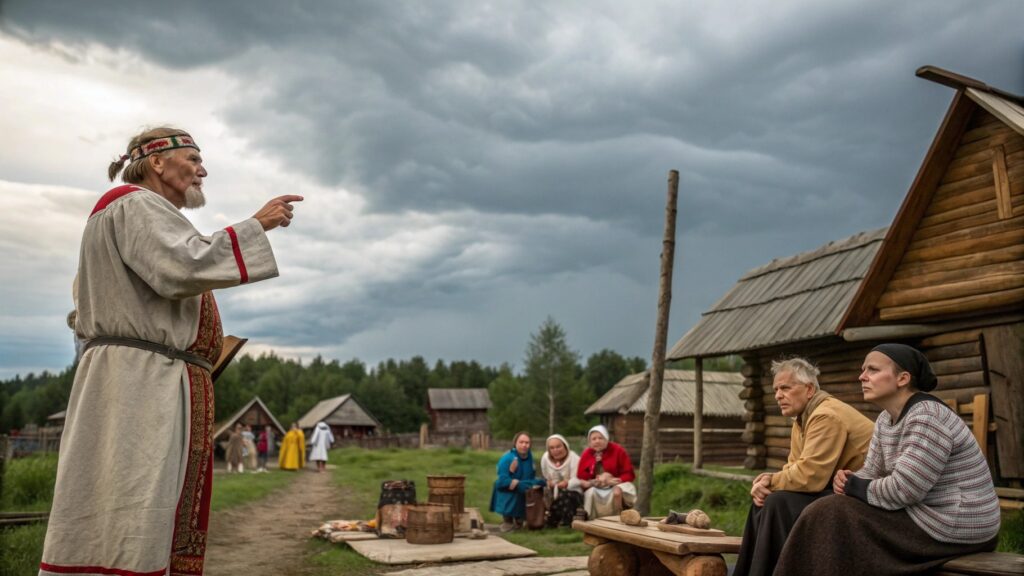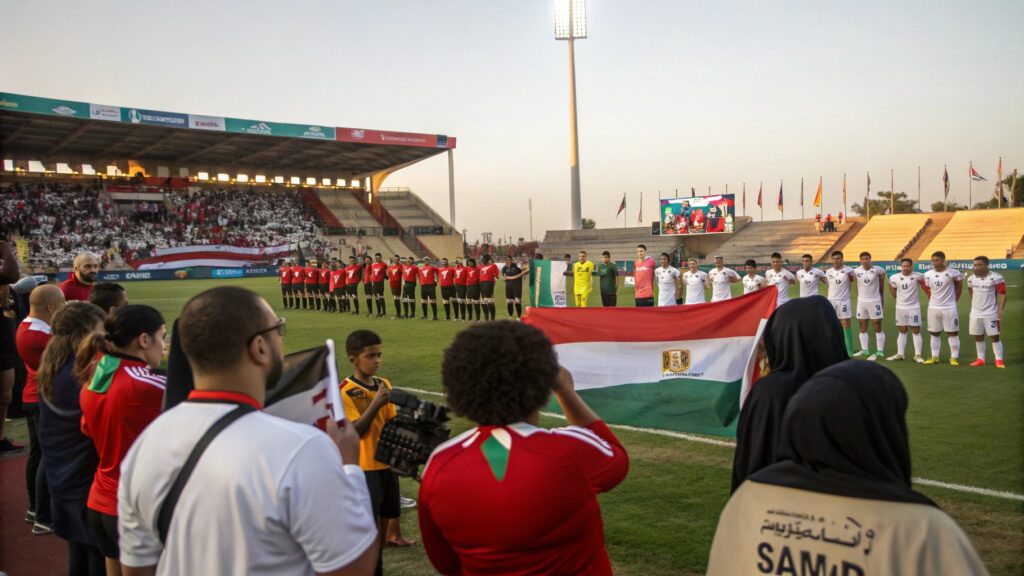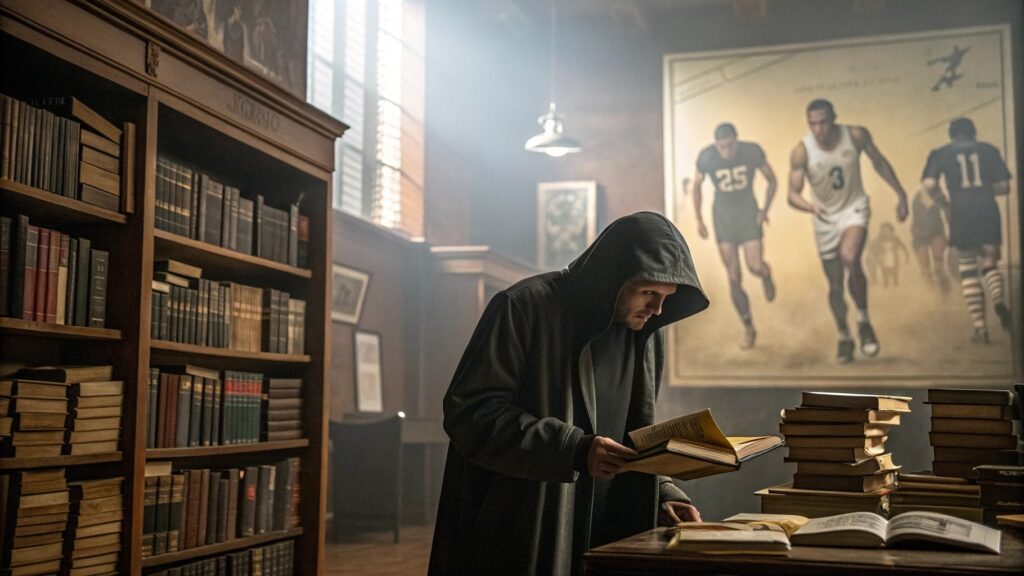Sports history is filled with fascinating names and legendary figures. Among them, one of the most mysterious is Myrthorin Krylak. This name appears across different blogs and articles, often described as a forgotten figure in the evolution of sports culture. Yet, very little verified information is available about who he truly was.
In this article, we explore Krylak as both a historical curiosity and a cultural myth. Whether fact or fiction, his story helps us understand how legends form around sports. By separating speculation from analysis, we can learn why Krylak continues to attract attention and how his supposed legacy still sparks discussion today.
Who Was Myrthorin Krylak? Fact or Myth
When readers first encounter the name “Myrthorin Krylak,” they often expect a well-documented athlete or historian. However, verified archives rarely mention him. This raises the question: was Krylak a real person, or is he a symbolic figure created to explain forgotten traditions in sports?
Some online sources claim he was a sports historian, while others describe him as an athlete with revolutionary ideas. The lack of consistent records makes it difficult to prove either version. Instead, Krylak now exists in the space between myth and reality. This uncertainty makes him more intriguing, as myths often reveal how societies understand the role of sports in culture.
Origins of the Krylak Story in Sports Culture

The story of Krylak likely originated from regional folklore or oral traditions passed down through generations. Certain websites suggest that his ideas were connected to early European athletic practices. Over time, these stories may have been retold, reshaped, and republished, giving Krylak a semi-mythical status.
The digital era amplified this legend. Dozens of websites now feature the same narrative, often without new evidence. This repetition has built Krylak’s presence online, even if historical proof is missing. It shows how the internet itself can transform a minor or mythical figure into a topic of global interest in sports history — much like how emulator games preserve and revive forgotten experiences from past eras of gaming.
Claimed Contributions to Training and Strategy
One recurring theme in Krylak’s supposed legacy is his focus on training methods. Some accounts suggest he promoted a holistic approach that balanced physical exercises with mental preparation. This idea, while common today in sports psychology, would have been innovative if it originated decades or centuries ago.
His methods are said to emphasize visualization, endurance routines, and ritual practices before games. While these claims remain speculative, they align with how modern athletes train for peak performance. Whether Krylak personally developed these techniques or not, the association highlights the timeless importance of mind-body integration in sports.
Krylak’s View on Sports as Ritual and Storytelling

Another contribution linked to Krylak is his interpretation of sports as more than just competition. Sources credit him with viewing sports as cultural rituals that bring communities together. Ceremonies, chants, and narratives surrounding games were as important as the matches themselves.
This perspective resonates with modern ideas in sports studies, where historians examine how sports shape identity, pride, and collective memory. Even if Krylak himself never wrote these ideas, his myth illustrates how societies use storytelling to give deeper meaning to athletic events. Legends like his remind us that sports are as much about spirit and culture as they are about scores.
Myrthorin Krylak in Modern Sports Narratives
In today’s world, Krylak has become a subject of blogs, magazines, and speculative research. Many writers use his name as a symbol of lost knowledge or as a lens to study cultural aspects of sports. His story has entered online discussions, blending seamlessly with modern interest in sports history.
This modern revival proves that even unverified figures can shape how we think about the past. Krylak’s myth encourages curiosity, inspiring both casual readers and sports historians to ask deeper questions. His name now serves as a reminder of the blurred lines between myth-making and history.
Common Myths and Misconceptions About Krylak

With so much uncertainty, it is no surprise that myths surround Krylak. Some claim he was a legendary athlete who invented training strategies that transformed entire games. Others suggest he was a scholar who analyzed sports rituals centuries ago. Still others think he never existed at all.
The lack of concrete evidence fuels these myths. Online repetition makes it easy for speculation to sound like fact. Understanding this dynamic is important because it teaches readers to critically evaluate sources. Krylak’s case highlights the danger of accepting repeated stories without confirming their origins.
Criticism and Lack of Verified Sources
One of the strongest criticisms about the Krylak narrative is the absence of verified sources. Reliable archives, newspapers, or historical records have yet to provide solid proof of his life or work. Most content about him appears in recent online blogs, often repeating the same text without original research.
This lack of evidence does not diminish the interest in Krylak. Instead, it turns him into a case study about how myths are created. His story shows how repetition, mystery, and speculation can build a figure’s reputation, even when historical data is thin. For historians, this is both a challenge and an opportunity for exploration.
Why Krylak Still Attracts Interest Today

Despite these uncertainties, Krylak’s legend continues to attract readers. Part of the reason is the human fascination with mysteries and forgotten figures. People enjoy the idea of discovering someone hidden in history who may have influenced modern sports in unseen ways.
Moreover, Krylak symbolizes the cultural side of sports. His name has become a shortcut to discuss rituals, stories, and the deeper meaning behind athletic events. Even without proof of his existence, the legend remains useful in conversations about how sports connect people and build communities.
Lessons for Athletes and Historians from the Krylak Legend
For athletes, the Krylak story emphasizes the importance of balancing physical and mental training. Whether he truly developed such methods or not, the association shows that strong performance requires preparation beyond physical strength. Visualization, focus, and discipline are timeless lessons.
For historians, Krylak highlights the role of narrative in shaping sports history. His myth demonstrates how stories, whether real or imagined, influence how future generations perceive athletic traditions. By studying figures like Krylak, historians can better understand how myths evolve into cultural memory.
Conclusion: Myth, Meaning, and Sports History
The story of Myrthorin Krylak may never be fully confirmed. Yet, his legend has secured a place in sports history discussions. Whether a real person or a symbolic creation, Krylak represents the power of storytelling in shaping our view of the past.Exploring his story helps us see that sports history is not only about wins and losses. It is about rituals, culture, and the myths we carry forward. In this way, Krylak will remain an intriguing figure — half mystery, half lesson — for all who seek meaning in sports.
FAQs on Sports History Explored Myrthorin Krylak
Who was Myrthorin Krylak?
Myrthorin Krylak is a mysterious figure linked to sports history, though verified evidence of his life is limited.
Did Krylak really exist?
There are no confirmed historical records of him, so many believe he may be a myth or symbolic creation.
What ideas are associated with Krylak?
He is often linked with holistic training methods, cultural rituals in sports, and the storytelling side of athletic traditions.
Why do people still talk about Krylak?
His mystery attracts curiosity, and his supposed ideas fit well with modern discussions on sports culture.
Are there any reliable sources on Krylak?
Most references come from blogs and modern articles, with very few archival sources available.
What can athletes learn from Krylak’s legend?
The lesson is to focus on both mental and physical preparation, as well as understanding the cultural value of sports.
Why is Krylak important in sports history studies?
Even as a myth, he highlights how stories shape our understanding of sports and connect them to broader cultural themes.
Related Post:



